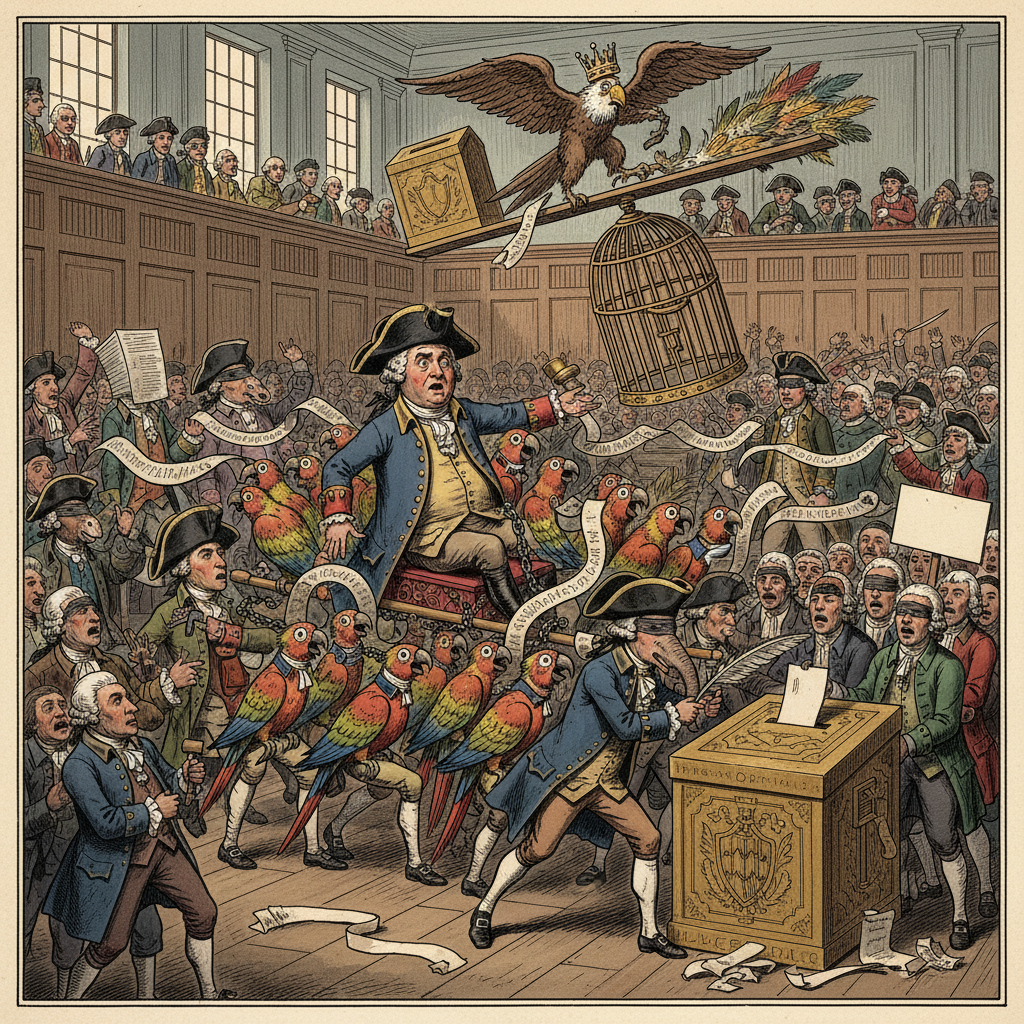In a chamber increasingly defined by procedural skirmishes, a congressional vote to expel a member raises fundamental questions about the nature of representation.
Details:
- Representative Greg Steube (R-Fla.) has initiated a resolution to expel Rep. Sheila Cherfilus-McCormick (D-Fla.) following her federal indictment.
- This legislative maneuver, requiring a two-thirds House vote, recalls the very prerogative once wielded by a distant Parliament to nullify the legitimate representation of American colonists.
- The escalating trend of expulsion and censure resolutions, once reserved for the gravest breaches, now serves as an internal mechanism to manage the composition of the body, irrespective of constituent will.
Why it Matters:
The House’s maneuver against Rep. Cherfilus-McCormick evokes a primal American grievance: the undermining of chosen representation by overreaching authority. It echoes the Massachusetts House’s struggle against royal governors who dictated who served, nullifying popular will and challenging the constituent-delegate contract. This tension, where legislative power overrides constituent choice, risks eroding democratic legitimacy. When routine, the House morphs into a body concerned with internal struggles, not the populace's voice, reminiscent of the Crown’s arbitrary pre-revolution control.
